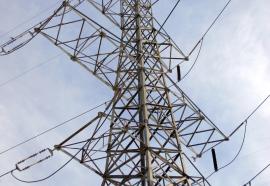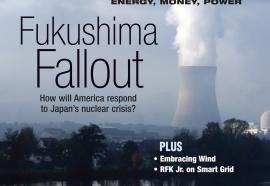Deal Friction
Why the green grid might do better without open access.
Are the Feds at war with green power development? You might have thought so, if you had sat through the conference held March 15, 2011, at the Federal Energy Regulatory Commission, where the consensus seemed to be that FERC’s policy of granting open-access rights on electric transmission lines is problematic for green power projects. In short, when wind and solar developers choose to build their own local tie lines to link their projects to the larger grid, FERC policy forces them to make extra line capacity available to rival developers. That requirement doomed the novel Wind Spirit Project, and continues to complicate the job of project financing.








